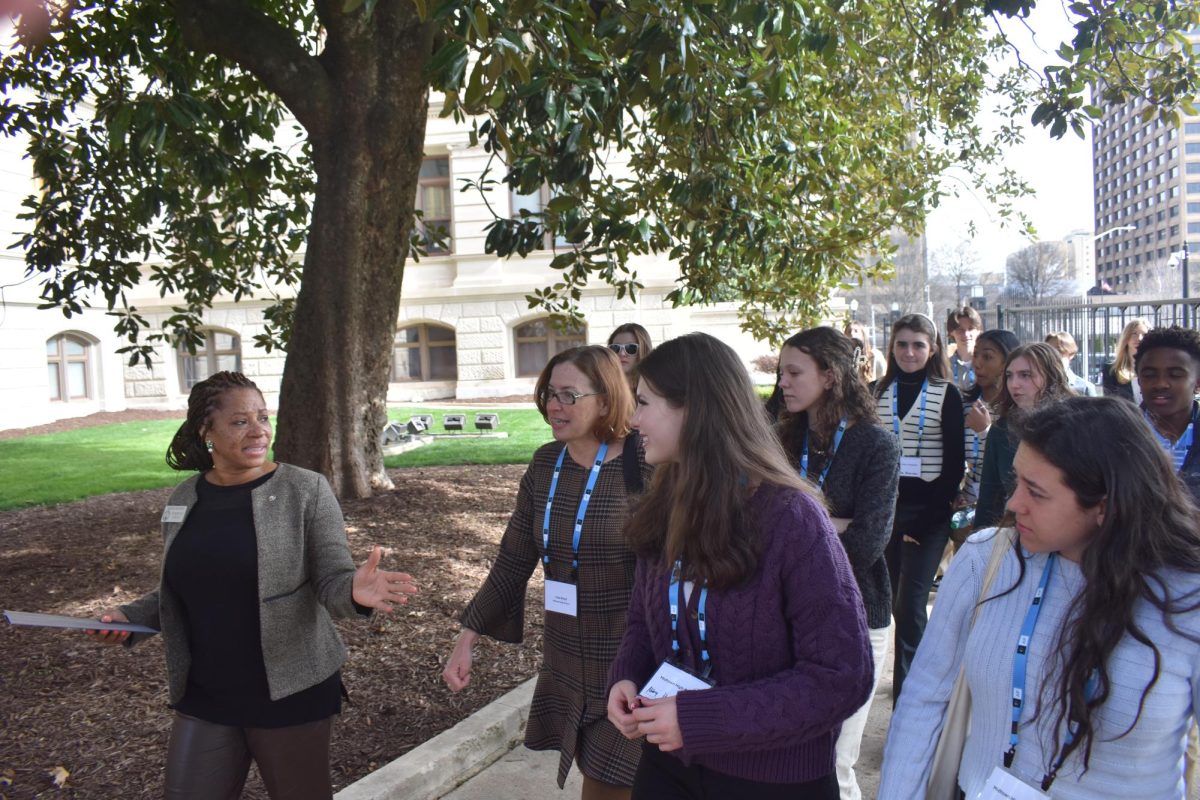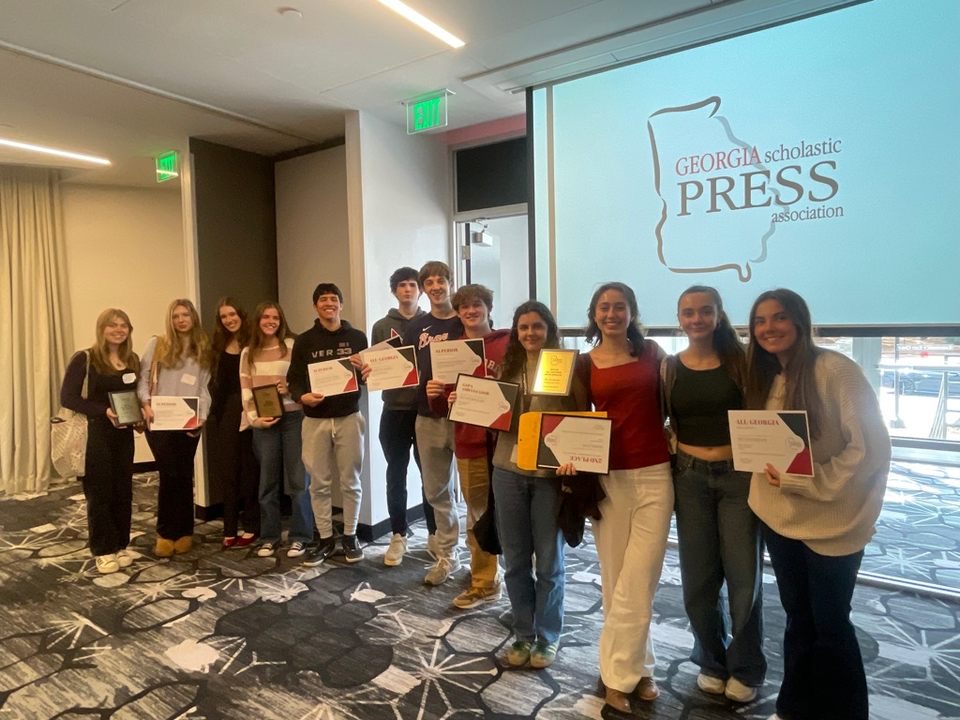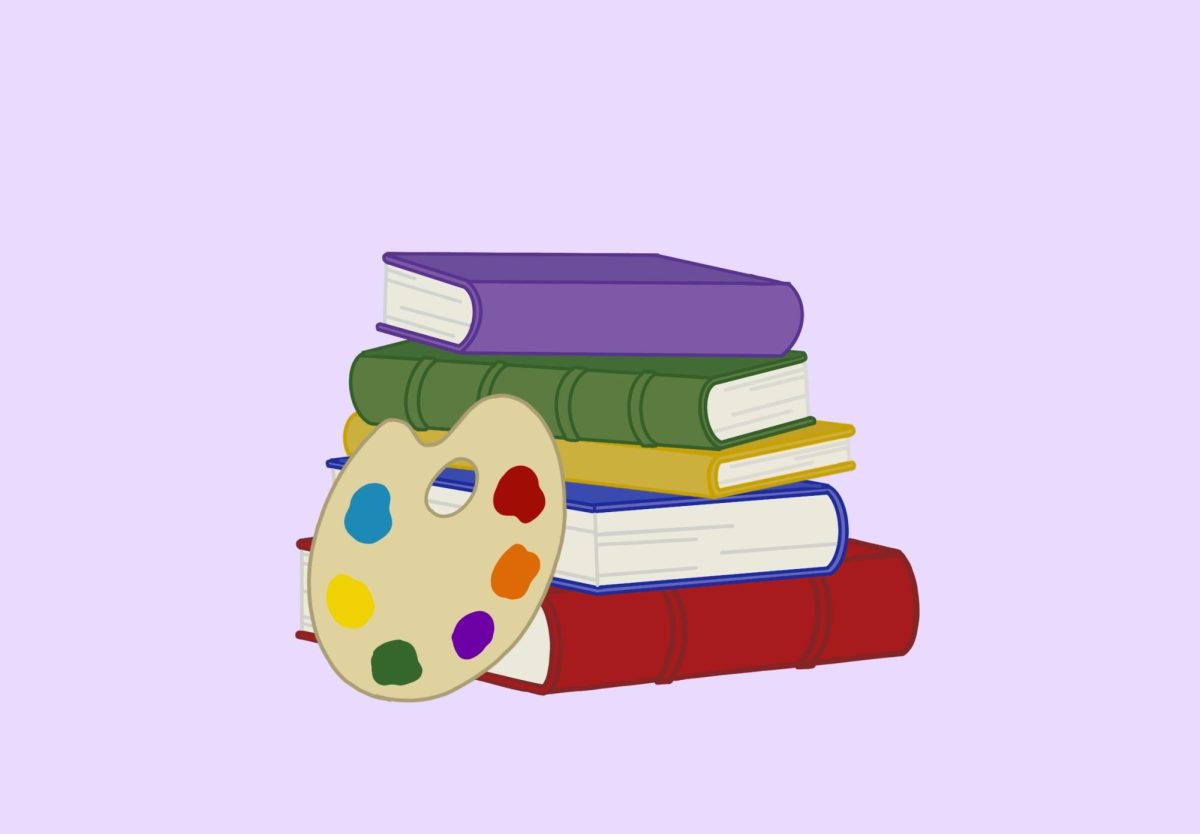By Morgan Choi
Pop culture today is often mocked by many for its brash and close-minded perspective, but Edward Said takes this to a whole new level when he claims our cultural beliefs and goals allowed for colonial and imperial domination in his book “Culture and Imperialism.”
The purpose of Said’s book isn’t to bash the West but to show how our identity is determined by our relationship with other cultures, like Asia, Africa, and South America. The book focuses on how power and ideology work to maintain a system of control and domination. For example, when you imagine a British man you see a white male with a bowler hat, a cane, and a tweed suit, but when you imagine an American you see an overweight man holding a rifle with a cowboy hat on his head. This is one of the issues Said has with the modern world. This use of assumptions has created stereotypes and a new form of imperialism for the new century.
The language and symbols used when describing other groups has been used to shape the identity and culture of the oppressor and the oppressed. For example, people in northern states like New York or Massachusetts see Georgia as a farm state with a tad bit of racism. While this depiction is grounded in historical facts, it ignores the current trends and transformation that are occurring in Georgia right now.
The critique found in the book really hits home in the United States, because our common cultural values are continually used in policies. When the United States attempted to spread democracy in the Middle East or tried to civilize South America we were spreading our culture over others. Our current education system is about teaching kids to celebrate the uniqueness of their culture and the country’s power over other countries. This has allowed for the unknown imperialism in the 21st century. Lawmakers created a justification in our intervention of Afghanistan and the Gulf because we were the great protector and the area was suffering such great tragedy. The current situation shows how well that turned out.
“Culture and Imperialism” does, however, ignore some other aspects of Western influence. In India, electricity, roads, and modern healthcare were introduced into an area where such things were unfounded. In South America, new cures for diseases, and the creation of countries and cultural pride and unity were created as a result of imperialism. In Asia there was the “removal” of Japanese culture, but in return Asia has become an economic powerhouse and a large player in the global arena. While Western society and our current culture have done some pretty messed up things, Said has overlooked the other aspects of Western society that have been useful for most members of the globe.
Said also then states that Western Society can never understand other cultures because of our assumptions about what is considered normal. These claims seem over the top because people will always assume things, and with the ability to communicate around the world in seconds people are able to learn and adapt more than ever. If you go onto YouTube or Facebook, you can immediately learn from friends or videos about any culture or group. Obviously you can’t understand 100 percent of it, but the same is true the other way around; a person from Mongolia obviously wouldn’t understand all of Western culture. Instead of having orientalism, there would be Occidentalism instead, a focus and generalization of the West. While yes there was the slave trade, and the crusades, and Columbus enslaved the Indians, but on the switch side, the Muslim conquests of Europe, the Mongol invasion, and the Ottoman Empire. The east and south also complied in the slave trade in that other African tribes sold others into the slave trade. Said shouldn’t simply decide to ignore certain aspects of history when discussing the effects of culture.
The book is good and should be read by those interested in modern day society, but it overlooks a large portion of history. The book does make claims that are true and points out the flaws in Western society, but Said ignores what the East has also done throughout history. In spite of its faults, it’s still a fun read. Said is closing in on an overlooked view of the world that we ourselves don’t even realize. The book helps realize how our perspective views other cultures as specimen on a platter waiting to be dissected.












